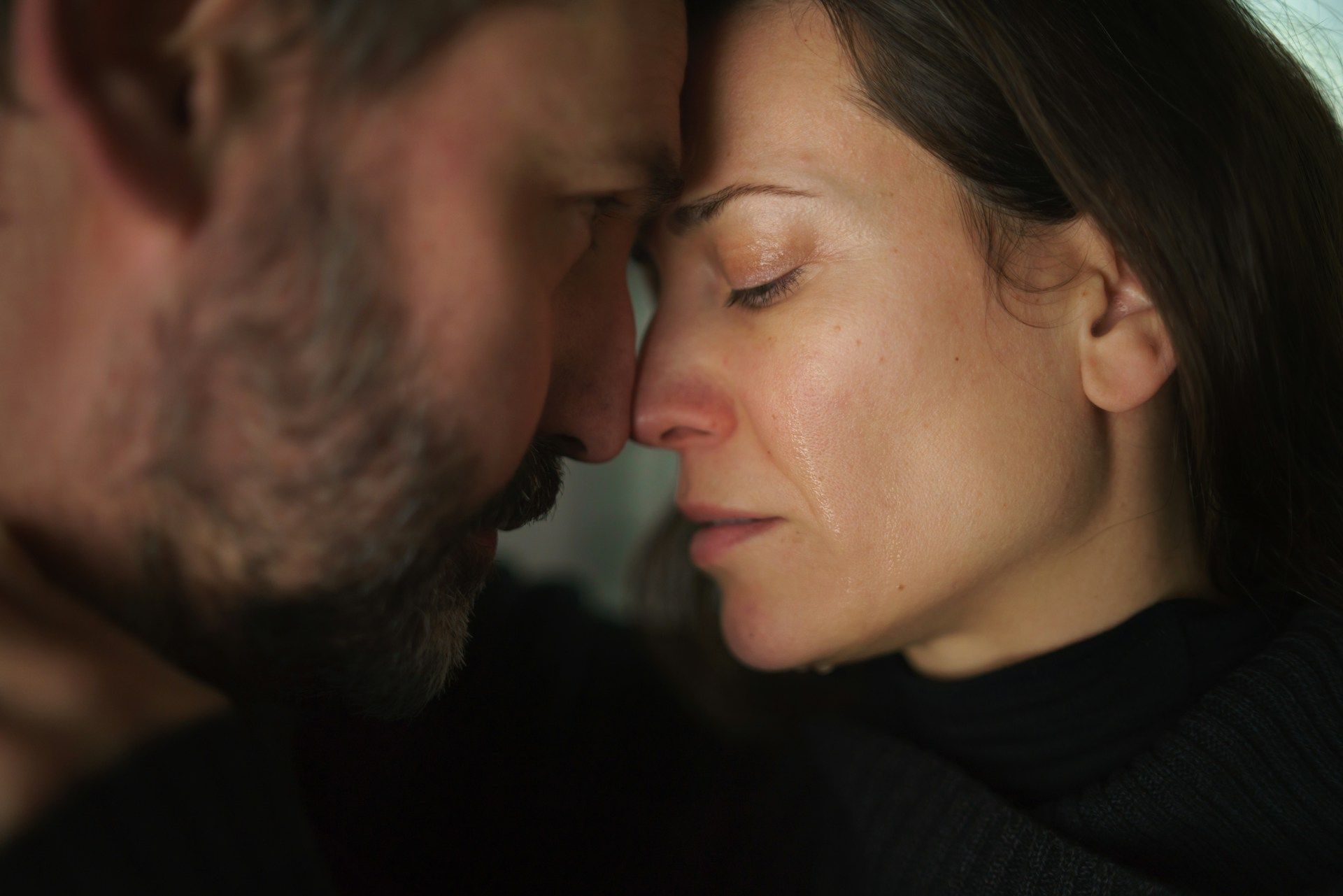The loss of an intimate relationship is a significant life event that can trigger a wide range of emotions, including grief, sadness, anger, and confusion. The journey toward healing and moving on after a breakup or divorce is complex and, at times, overwhelming. Nevertheless, with effective coping strategies, individuals can work through the emotions associated with the loss and ultimately rebuild their lives with resilience and hope.
In this article, we will explore an array of strategies for recovering from the loss of a relationship, providing guidance on navigating the grief process, fostering emotional healing, and moving forward with newfound strength and wisdom. Drawing from the expertise of trauma therapists at Serenity Counseling in California, we aim to offer a supportive roadmap for individuals navigating the complexities of relationship loss, promoting a path toward healing, growth, and renewed well-being.
Understanding Your Grief
1. Recognizing the Stages of Grief
Following the loss of a relationship, it is common to experience five stages of grief: denial, anger, bargaining, depression, and acceptance. These stages may not always occur in a particular order, and each individual's journey through them may differ. Understanding these stages and how they manifest in your emotions can provide valuable context for processing your grief and identifying healthy coping strategies.
2. Giving Yourself Permission to Grieve
Allowing yourself to feel and process the full range of emotions associated with the loss of a relationship is crucial for healing. Give yourself permission to grieve without judgment, providing the needed space and time to work through your feelings and come to terms with the situation. Remember that grief is a natural response to loss, and experiencing it does not indicate weakness or failure.
Creating a Healthy Environment for Healing
1. Maintaining Boundaries
Establishing and maintaining healthy boundaries is essential for nurturing a safe and supportive environment for healing. Communicate your boundaries explicitly with your ex-partner, family, and friends. Limit contact with your former partner as needed, and consider creating distance on social media platforms to avoid constant reminders of the relationship.
2. Practicing Self-Care
Prioritizing self-care can greatly influence your overall well-being and ability to heal from the loss of a relationship. Engage in regular exercise, maintain a balanced diet, and ensure adequate sleep. Additionally, engage in activities that bring you joy, relaxation, and a sense of accomplishment, such as hobbies, journaling, meditation, or spending time with loved ones.
Seeking Emotional Support
1. Leaning on Friends and Family
Your support network is a vital resource during the grieving process. Reach out to friends and family members to share your feelings and thoughts about the relationship loss. Let them offer a listening ear and emotional support, providing a sense of connectedness and understanding during a challenging time.
2. Attending Support Groups or Therapy
Professional support, such as therapy or support group attendance, can be instrumental in guiding individuals through the grieving process. Therapists can provide tailored strategies for coping with grief, while support groups offer a community of individuals who can empathize with your experience. Both options can alleviate feelings of isolation and promote a sense of healing and growth.
Fostering Personal Growth and Reflection
1. Examining the Relationship Dynamics
One valuable aspect of recovering from the loss of a relationship is reflecting on the dynamics that contributed to its end. Examining the factors that led to the relationship's end can help identify areas of personal growth and prevent similar obstacles in future relationships. Additionally, understanding these dynamics can provide closure and assist in moving forward.
2. Cultivating Forgiveness
Forgiving both yourself and your former partner is essential for healing and moving on from the loss of a relationship. Resentment and bitterness can hinder personal growth and prevent individuals from achieving emotional peace. Forgiveness entails releasing the emotional burden surrounding the relationship and embracing a new perspective that allows for healing and the opportunity to rebuild life anew.
Rebuilding Your Life with Strength and Resilience
1. Rediscovering Your Identity
The end of a relationship can leave individuals questioning their self-identity. Using this transitional period to rediscover who you are as an individual rather than as part of a couple can empower you to rebuild your life with confidence and self-assuredness. Explore your interests, values, and aspirations as you pave the way for a more fulfilling and authentic life.
2. Developing New Routines and Goals
Creating new routines and establishing personal goals can provide structure and momentum for moving forward. As you work toward achieving these goals, you will foster a sense of accomplishment, purpose, and resilience in the face of change. The pursuit and achievement of new objectives can help you regain a sense of direction during the healing process.
3. Embracing New Relationships and Opportunities
As you work to rebuild your life after a relationship loss, stay open to forming new connections and seizing new opportunities. Expand your social circle, deepen existing relationships, and embrace fresh possibilities for personal and emotional growth. By cultivating new experiences and connections, you can gradually build a fulfilling life that goes beyond the grief and loss associated with the end of the previous relationship.
Recovering from the loss of a relationship takes time, effort, and patience. Through understanding and processing your grief, creating a healing environment, seeking emotional support, and focusing on personal growth, you can find the strength and resilience needed to overcome this challenge. Facing the future with a renewed sense of self and purpose, you can continue to grow and flourish in your journey toward emotional healing and happiness.
Embracing the Journey Toward Healing and Self-Discovery
The path to healing and recovery after the loss of a relationship is a deeply personal and transformative journey. By taking the time to understand and process grief, nurture one's well-being, seek support, and invest in personal growth, individuals can emerge more resilient, self-aware, and better equipped to embrace a fulfilling future.
If you are currently navigating the complexities of relationship loss and feel that professional support could be beneficial, the experienced
grief and loss therapists at Serenity Counseling are here to help. Our team of compassionate professionals provides customized guidance and support, focusing on each client's unique needs and circumstances. Allow us to walk beside you on your path toward healing and self-discovery, imparting the tools and insights necessary to rebuild your life with strength and resilience. Reach out to us today and begin your journey toward healing and personal growth.
Recent Posts:
Our Simple Process
Book a Session
Your first step it to book a free consultation. Let's get to know each other and see if we make a great fit.
Let Us Connect
We will take a deep dive on what you are going through and the struggles you are facing.

Our Services
Located:
Virtual therapy in California lets you get help from home with flexible scheduling. It's private, affordable, and reliable, even in emergencies.
All Rights Reserved | Serenity Counseling | Website designed by Thriving Mind Marketing












